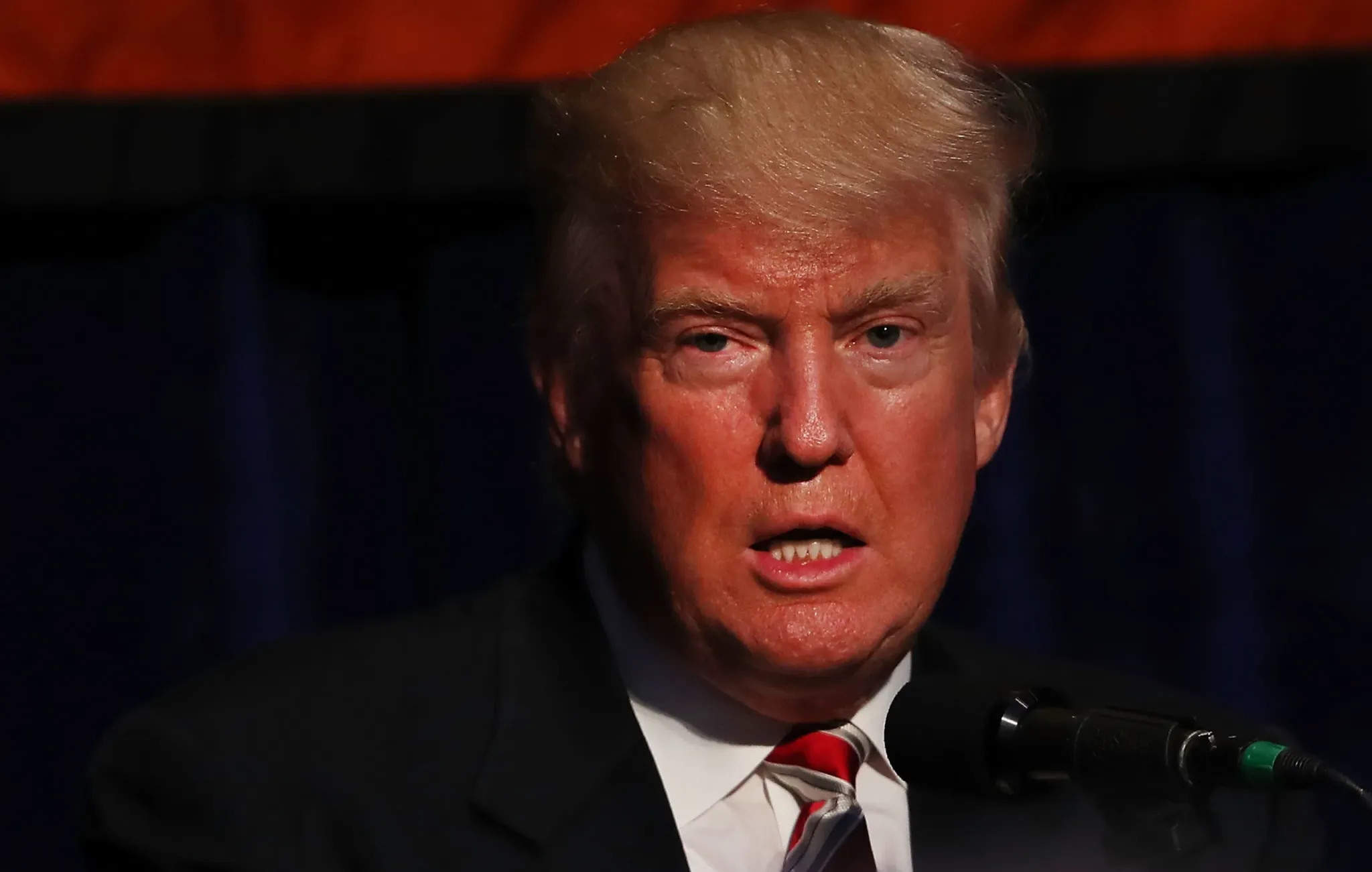As of November 2024, Jamaica has taken a monumental step toward redefining its identity by tabling a bill in parliament to remove King Charles III as head of state and transition from a constitutional monarchy to a republic. This historic move reflects the nation’s ongoing desire to achieve full independence and chart its own future, free from colonial remnants.
A Long-Awaited Decision
Since gaining independence in 1962, Jamaica, like many former British colonies, retained the British monarch as a ceremonial head of state. Each Independence Day on August 6 sparks conversations about the nation’s progress and the lingering presence of the monarchy. Minister of Legal and Constitutional Affairs, Marlene Malahoo Forte, stated that the bill answers a longstanding call from Jamaicans for constitutional change.
“Every year, we ask ourselves when we will abolish the monarchy and have a Jamaican head of state,” Malahoo Forte shared, underlining the urgency of this transformation.
Implications for Jamaica’s Governance
If passed, the legislation would replace the monarchy with a Jamaican president as the ceremonial head of state. The bill also proposes changes to the structure of Jamaican citizenship and its political system, including expanding the senate to include members appointed independently of political parties.
The journey toward republicanism, however, is complex. The bill must pass several stages, including scrutiny by joint committees, parliamentary votes, and ultimately, a national referendum. Opposition parties have raised concerns, particularly regarding the absence of plans to replace the UK-based Privy Council with the Caribbean Court of Justice as Jamaica’s highest court of appeal.
Opposition Senator Donna Scott-Mottley stated, “You cannot say you’re fully decolonized if you still retain the Privy Council as your apex court. Leaving the king but still petitioning him for justice is an anachronism.” Despite these reservations, Scott-Mottley emphasized the bipartisan importance of the bill, calling it “a moment for the nation, not political parties.”
Public Sentiment and Regional Context
The proposal has stirred mixed reactions among Jamaicans. While some applaud the move as a significant step toward true sovereignty, others express skepticism.
Maureen Brammer, a Kingston resident, remarked, “The British are not doing anything substantial for our country, so it makes no sense to have them as head of state.”
Others, like Marlene Daley, welcome the change but hope Jamaica remains in the Commonwealth. Meanwhile, skeptics, such as D. Simms, believe that the nation has pressing domestic issues to resolve before adopting a republican system.
Jamaica’s republican ambitions align with a growing regional trend. Of the Caribbean’s 12 former British colonies, four—Guyana, Trinidad and Tobago, Dominica, and Barbados—have already transitioned to republics. The move comes amidst heightened demands for reparatory justice and accountability for colonial legacies, further fueled by the reparations movement.
A Signal of Sovereignty
Dr. Sonjah Stanley Niaah, director of the Centre for Reparation Research, views the bill as a decisive move toward sovereignty. “This is about advancing true sovereignty, about Jamaica determining its own form of government,” she said.
While the governor general currently represents the monarch in Jamaica, the role is largely ceremonial. However, many view the monarchy’s presence as a lingering symbol of colonial rule. Transitioning to a republic would solidify Jamaica’s independence, affirming its authority to define its governance structure and leadership.
The Path Ahead
Prime Minister Andrew Holness’ administration has taken a phased approach to constitutional reform, with issues surrounding the court system slated for future consideration. As the bill progresses, it faces challenges, including political debates and public approval in the upcoming referendum.
This bold step toward republicanism reflects Jamaica’s commitment to full sovereignty and national pride. As the nation continues to navigate its journey, the question of identity, justice, and self-determination takes center stage, making this a pivotal moment in Jamaican history.






